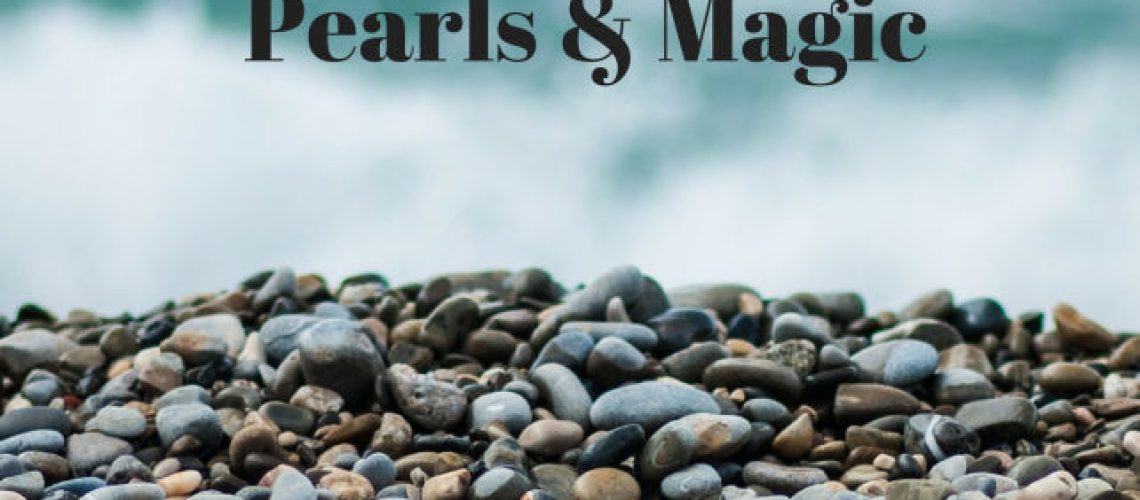Recently, I was rocked by a wonderful and startling revelation from my dad about his grandmother. My great grandmother was a herbalist and a travelling physician. From his tone, I could tell my dad admired her. She had “ben shi”, ability, talent. She could do stuff.
Yet, my grandmother, my great grandmother’s daughter, wasn’t that forthcoming. She let out her stories in weak spools. She didn’t talk about things that made her sad. According to my dad, she quarreled with her mother who forbade her to leave for Nanyang (the Chinese term for Southeast Asia). My grandmother left for Singapore soon after that. Imagine the wounds still unhealed, the words left unsaid, unvoiced. My grandmother passed away last year.
My paternal grandparents came from Hui’ An, Fujian. Isolated from the mainland, Hui’ An still retains characteristics of a minority group in China: the women’s clothing are unique and more reminiscent of clothing from Indo-China. The Hui’ An people are nominally Han Chinese. They are a coastal people, fishing and harvesting/farming oysters as part of their livelihood. At the same time, the women folk work at granite mines. Still deeply patriarchal, Hui’An society has women working at the coast and at the workshops while men idle away at tea houses. As a result, the women are tough, resilient and innovative.
I saw these traits in my grandmother who single-handedly brought up ten children while my grandfather worked as a truck driver. She worked as a hawker, cooking beef noodles (with her unique recipes), rearing pigs (after World War II) and then becoming a housewife. She never gave up. Life, then, was poor. They were simply living from day to day. Somehow, they managed to send my dad to university.
When it comes to my writing, especially in my young adult stories set in the Oysters, Pearls and Magic world, I find myself writing about her: my great grandmother. Perhaps she is talking to me unconsciously. Perhaps I am also looking for my roots, my heritage. Before I read more about the Hui’ An people, I wrote about a people, descended from Earth colonists, whose women were called “Daughters of the Sea”. They farmed oysters, the women doing most of the work. Then one day, I chanced upon an article about the Hui’ An women who call themselves “Daughters of the Sea”. Imagine the shivers up my back when I read that. More so when it came to the oysters. More synchronicity happened in Path of Kindness, when the character becomes a herbalist and physician. All this before I knew more about my great grandmother. They have been part of me all the time.
These experiences teach me that, as diasporic Chinese, we are constantly seeking, searching and piecing together the memories (ancestral and recent) that make up what we know about our ancestors. My grandparents hailed from Guangzhou, Fujian and Shanghai. My paternal grandmother’s family had already settled in Singapore for a couple of generations before she met my Shanghainese grandfather. Writing for me is a journey, a journey of “Who am I?” and “What am I?”.
How do all these add up to my writing in genre? My ancestors’ voices are real. They will come forth in my fiction. I write because I remember them. I write because I remember them and hope that the memories continue.
So, gentle readers, how do you listen to your ancestors? What would you do?







